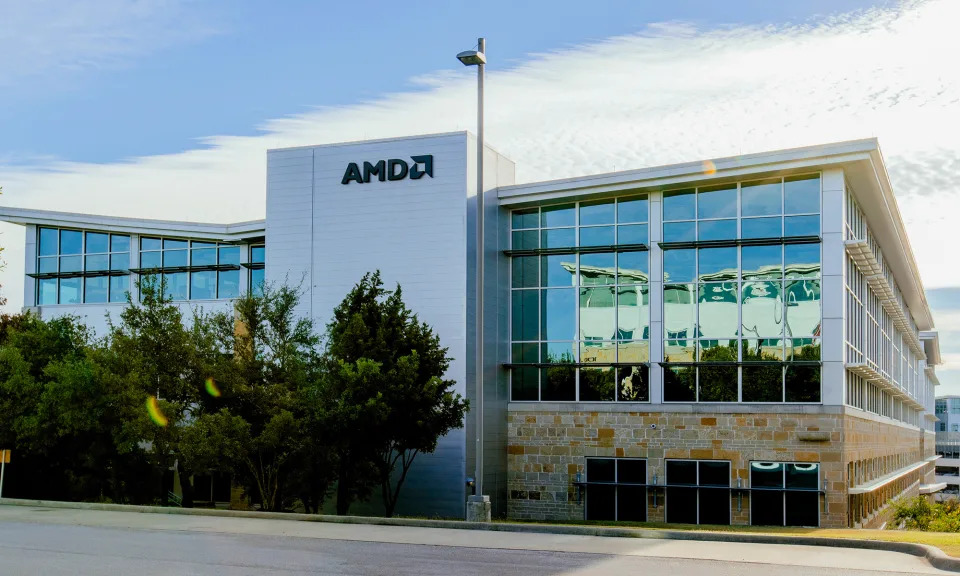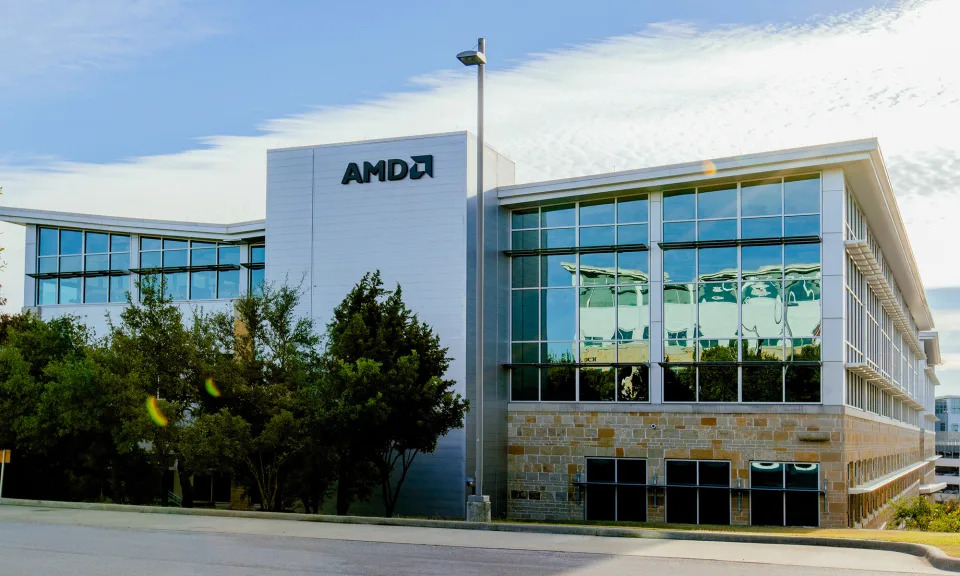
The semiconductor industry has produced several growth stocks over the last 40 years that have built tremendous wealth for shareholders. It's a $600 billion industry that is going to keep growing over the next decade, but investors need to choose wisely. The arrival of artificial intelligence (AI) is tilting the advantage toward some companies, while exposing weaknesses in others.
Here are two chip stocks to buy now, and one industry stalwart to avoid.
Taiwan Semiconductor Manufacturing
Taiwan Semiconductor Manufacturing (NYSE: TSM) , or TSMC for short, is one of the world's leading chipmakers. It operates as a foundry, which means it makes chips for other companies, including Nvidia and Advanced Micro Devices (NASDAQ: AMD) .
Its expertise in cutting-edge processing nodes translates to a lucrative business, with a high operating profit margin of 42%, more than double the 17% S&P 500 average.
TSMC stock has rocketed more than 82% over the last year. The company's second-quarter revenue in U.S. dollars grew 33% year over year. Management expects strong demand in the third quarter to be driven by smartphones (it is a key supplier for Apple) and AI -related chips.
It is well positioned for more growth as companies start to introduce more AI features in mobile devices. The seasonal softness in smartphone sales contributed to TSMC's weakest market in the second quarter, so an improvement in demand would add to the momentum it is experiencing in high-performance computing. On that score, the launch of Apple Intelligence along with the iPhone 16 this fall will be an important catalyst.
TSMC has seen annual revenue and earnings grow at high rates for many years. A $10,000 investment 10 years ago would be worth more than $100,000 today with dividends reinvested.
It's still a great buy, considering that the stock's forward price-to-earnings ratio (P/E) of 25 looks very attractive against Wall Street's long-term earnings growth estimates of 26% per year. If those estimates hold up, the stock could double within three years assuming it's still trading at the same P/E, which is likely given that it is close the S&P 500 average.
Advanced Micro Devices
The second chip stock to buy right now is one of TSMC's key customers, Advanced Micro Devices. Naturally, strong growth at TSMC reflects growing demand for semiconductors among its large customer base, and that's good news for AMD shareholders.
After a recent pullback, shares are up 26% over the last year. AMD is seeing accelerating growth in its data center segment, which is an important catalyst for the stock. Revenue in the segment doubled from the year-ago quarter, reaching $2.8 billion, or almost half of the company's total revenue.
AMD also saw a huge improvement in its client segment, including chip sales for consumer PCs. Strong demand for Ryzen processors helped drive a 49% year-over-year increase in client revenue last quarter.
This momentum shows that AMD is well positioned for growth in the AI era. Management's outlook calls for its data center graphics processing units (GPUs) to generate $4.5 billion in full-year revenue, which it has raised over the last two quarters. AMD's Ryzen chips should also see strong demand as AI-powered PCs launch over the next year.
The stock currently has a forward P/E of 40, which seems reasonable considering Wall Street's long-term earnings growth estimate of 43% per year. Assuming AMD meets those expectations, the stock should be a very rewarding investment.
Why investors should avoid Intel
Intel (NASDAQ: INTC) shares have underperformed in recent years as it loses market share to AMD. The stock fell to multiyear lows after reporting weak second-quarter results, which included the announcement that it would suspend its dividend after reporting a string of losses over the last year.
Revenue declined 1% year over year in the second quarter. Its client computing business posted a 9% increase, while its data center and AI business posted a decline of 3% over the year-ago quarter.
Those numbers are alarming against the strong growth of TSMC, which is the benchmark for industry demand. Intel is losing its innovative edge at a time when other companies are seeing explosive demand from the AI arms race.
To its credit, Intel has been executing a plan to regain industry leadership. It recently started production on its next-generation AI chip Lunar Lake, which will look to meet the need for more powerful chips for Microsoft 's new Copilot+ PCs.
But the AI server market is an important battleground in the chip industry, and AMD is on pace to pass Intel in data center revenue in the third quarter. Intel seems to have dug itself a hole by spending to grow its foundry business, which is generating a third of the company's revenue, while AMD continues to concentrate investment in building its long-term road map for high-performance processing technologies.
Intel's collapse illustrates the importance of investing in companies with growing demand for their products. This is why investors should avoid the stock right now and stick with the companies that are delivering the strongest growth, like Taiwan Semiconductor and Advanced Micro Devices.
Before you buy stock in Taiwan Semiconductor Manufacturing, consider this:


